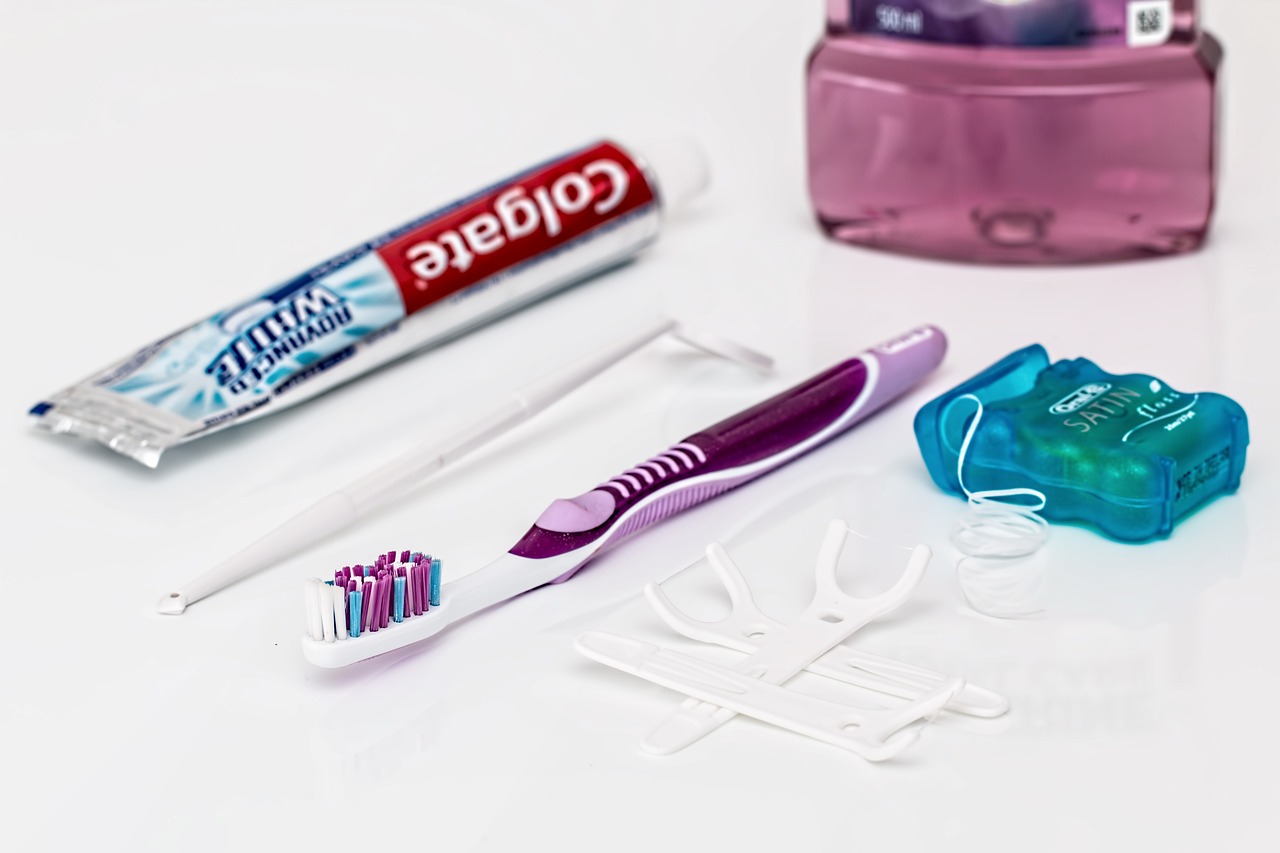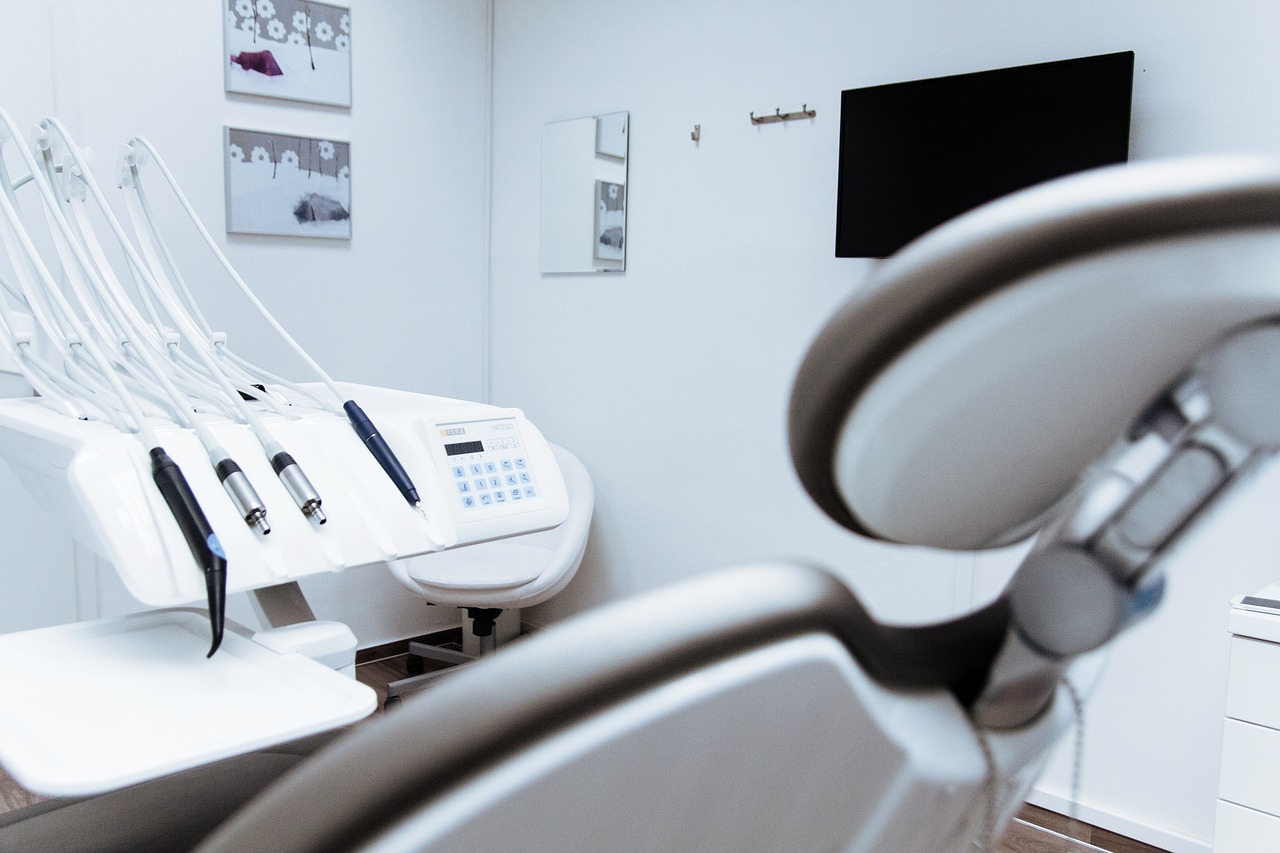
In the realm of dental care, myths and misconceptions often abound, leading to confusion among patients and preventing them from making informed decisions about their oral health. This article aims to debunk some of the most common myths surrounding dental care to help individuals separate fact from fiction.
Myth 1: Brushing Harder Means Cleaner Teeth
Contrary to popular belief, brushing teeth harder does not equate to cleaner teeth. In fact, brushing too hard can damage tooth enamel and irritate gums, leading to sensitivity and other oral health issues. Instead, focus on using gentle, circular motions with a soft-bristled toothbrush to effectively remove plaque and debris without causing harm.
Myth 2: You Only Need to See a Dentist When You Have Pain
While tooth pain may indicate a dental problem, waiting until experiencing pain to visit the dentist is not advisable. Regular dental check-ups are essential for maintaining good oral health and preventing potential issues before they escalate. During these visits, dentists, such as those at ProGrin Dental of Woodruff, can detect early signs of decay, gum disease, or other concerns that may not yet be causing pain.
Myth 3: Sugar Is the Sole Cause of Cavities
While excessive sugar consumption can contribute to tooth decay, it is not the sole culprit. Cavities form when bacteria in the mouth feed on sugars and produce acids that erode tooth enamel. However, other factors such as poor oral hygiene, acidic foods and drinks, and genetic predisposition can also play a role in cavity formation. Maintaining a balanced diet and practicing good oral hygiene are key in cavity prevention.

Myth 4: Dental Care Is Expensive
Some people avoid seeking dental care due to the misconception that it is expensive. However, neglecting dental health can lead to more significant and costly issues in the long run. Preventive dental care, including regular check-ups and cleanings, can help identify and address potential problems early on, ultimately saving money by avoiding more extensive treatments down the line.
Myth 5: Flossing Is Optional
Flossing is often overlooked in oral hygiene routines, with many people believing that brushing alone is sufficient. However, flossing plays a crucial role in removing plaque and debris from between the teeth and along the gumline, where a toothbrush cannot reach. Incorporating daily flossing into your oral care routine is essential for maintaining healthy gums and preventing gum disease.
Myth 6: Dental Health Does Not Affect Overall Health
The health of the mouth is intricately connected to overall health and well-being. Poor oral health has been linked to various systemic conditions, including heart disease, diabetes, and respiratory infections. Maintaining good oral hygiene and seeking regular dental care not only preserves the smile but also contributes to overall health and quality of life.
Conclusion
By dispelling these common myths about dental care, this article aims to empower individuals to make informed decisions about their oral health. It is crucial to understand the truth behind these myths and take proactive steps to maintain good oral hygiene and seek professional dental care when needed.







